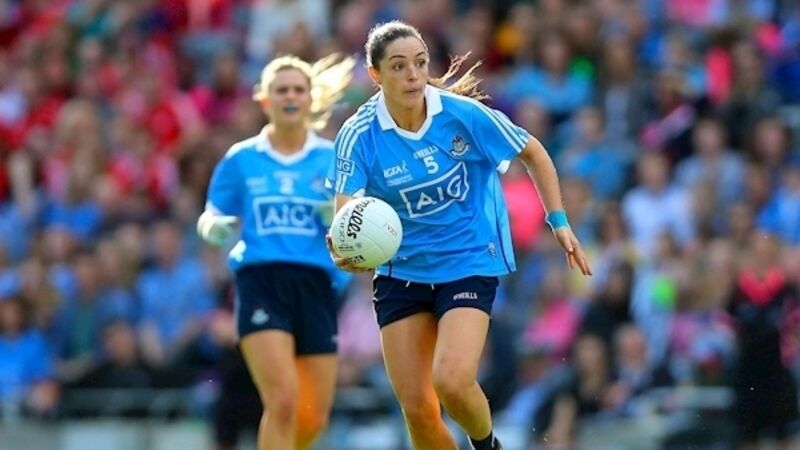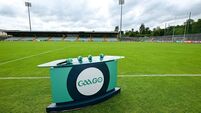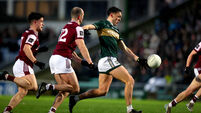The Kieran Shannon Interview: All-Star Sinead is setting the Goldrick standard

She’s the ladies equivalent of Seamus Moynihan — the go-to defender when there’s a fire to put out, whether it’s with All-Ireland champions Dublin or All-Ireland-chasing Foxrock-Cabinteely in today’s Club SFC decider against Cork’s Mourneabbey. She’s smiling now, but it hasn’t always been golden moments for All-Star defender Sinead Goldrick, writes .
He always sees her smiling.












